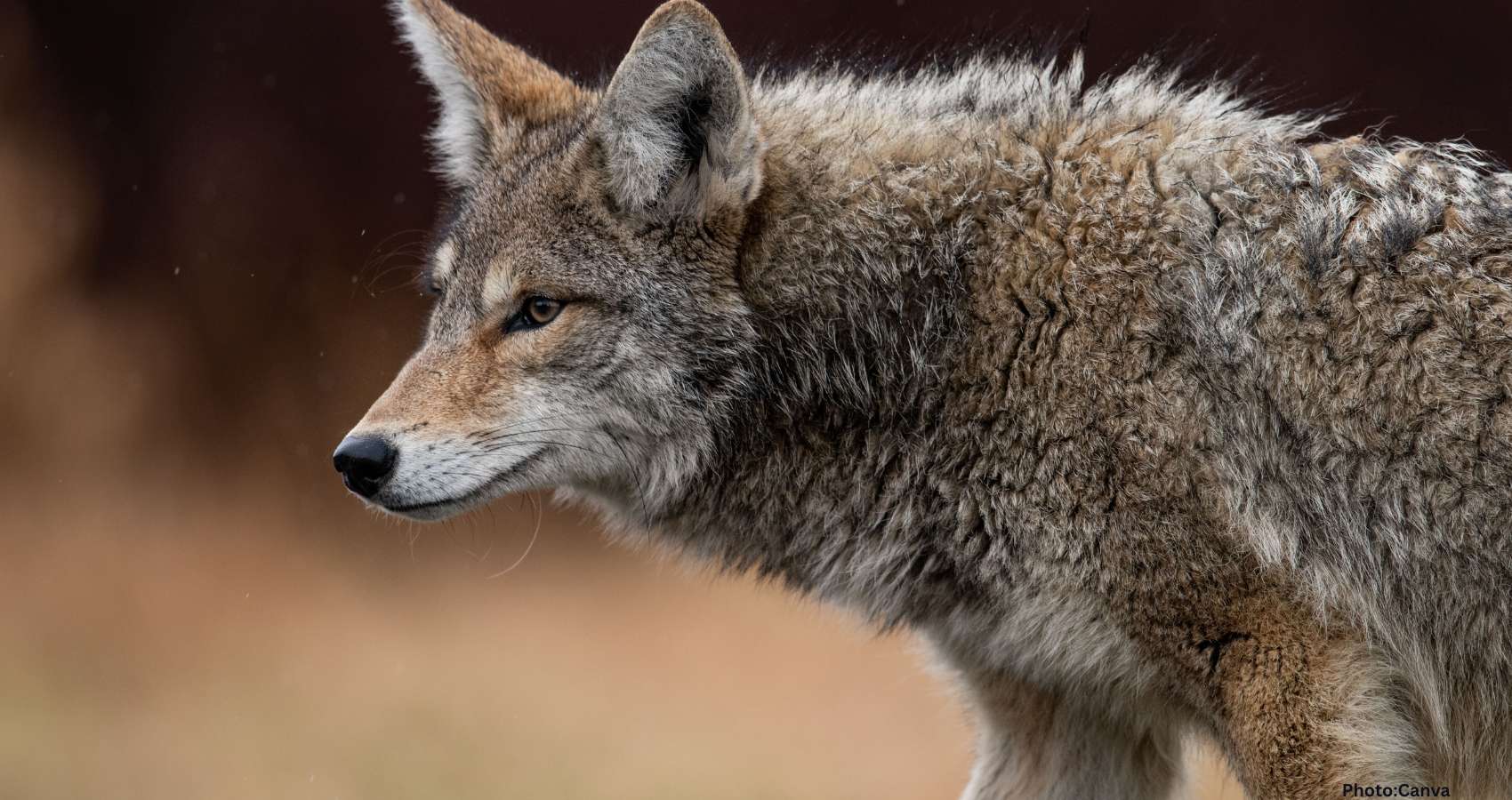A Dallas-based company claims to have successfully revived the dire wolf, an extinct species that last roamed the Earth over 12,500 years ago, using advanced genetic technologies.
A Dallas-based company, Colossal Biosciences, has announced that it has successfully brought back the dire wolf, a species that last roamed the American midcontinent more than 12,500 years ago. This wolf gained notoriety through the popular HBO series “Game of Thrones,” where it was depicted as a larger, more intelligent version of the modern wolf, fiercely loyal to the Stark family.
Colossal Biosciences claims to have created three dire wolves through a combination of genome-editing and cloning technologies, asserting that this marks the world’s first successful instance of “de-extinction.” However, some experts are skeptical, suggesting that the company has merely genetically modified existing gray wolves rather than truly reviving an extinct species.
According to Colossal, dire wolves roamed the Earth during the Ice Age, with the oldest confirmed dire wolf fossil dating back approximately 250,000 years, found in Black Hills, South Dakota. The company has named the three pups from its project Romulus and Remus, two adolescent males, and a female puppy named Khaleesi.
The process involved extracting blood cells from a living gray wolf and utilizing CRISPR technology—short for “clustered regularly interspaced short palindromic repeats”—to genetically modify these cells at 20 different sites. Beth Shapiro, Colossal’s chief scientist, explained that these modifications aimed to replicate traits associated with dire wolves, such as larger body sizes and longer, fuller, light-colored fur, which were advantageous for survival in cold climates during the Ice Age.
Of the 20 genome edits made, 15 were designed to match genes found in actual dire wolves. The ancient DNA used for this project was extracted from two fossils: a tooth from Sheridan Pit, Ohio, approximately 13,000 years old, and an inner ear bone from American Falls, Idaho, around 72,000 years old.
Once the genetic modifications were completed, the scientists transferred the modified genetic material into an egg cell from a domestic dog. The embryos were then implanted into surrogate domestic dogs, and after a gestation period of 62 days, the genetically engineered pups were born.
Ben Lamm, CEO of Colossal Biosciences, described this achievement as a significant milestone, emphasizing that it demonstrates the effectiveness of the company’s de-extinction technology. “It was once said, ‘any sufficiently advanced technology is indistinguishable from magic,’” Lamm stated. “Today, our team gets to unveil some of the magic they are working on and its broader impact on conservation.”
Colossal Biosciences has previously announced similar initiatives aimed at genetically altering living species to create animals resembling extinct species such as woolly mammoths and dodos. In a recent announcement, the company also revealed the birth of two litters of cloned red wolves, which are considered the most critically endangered wolves in the world. This development is seen as evidence that the company can contribute to animal conservation through its de-extinction technology.
In late March, Colossal’s team met with officials from the U.S. Department of the Interior regarding their projects. Interior Secretary Doug Burgum praised the work on social media, calling it a “thrilling new era of scientific wonder.” However, some scientists have raised concerns about the limitations of restoring extinct species.
Corey Bradshaw, a professor of global ecology at Flinders University in Australia, expressed skepticism about the claims that Colossal has truly revived the dire wolf. “So yes, they have slightly genetically modified wolves, maybe, and that’s probably the best that you’re going to get,” Bradshaw commented. “And those slight modifications seem to have been derived from retrieved dire wolf material. Does that make it a dire wolf? No. Does it make a slightly modified gray wolf? Yes. And that’s probably about it.”
Colossal Biosciences has stated that the newly created wolves are thriving in a secure, 2,000-acre ecological preserve in Texas, which is certified by the American Humane Society and registered with the USDA. The company plans to eventually restore the species in secure ecological preserves, potentially on indigenous land, as part of its long-term vision.
Source: Original article

